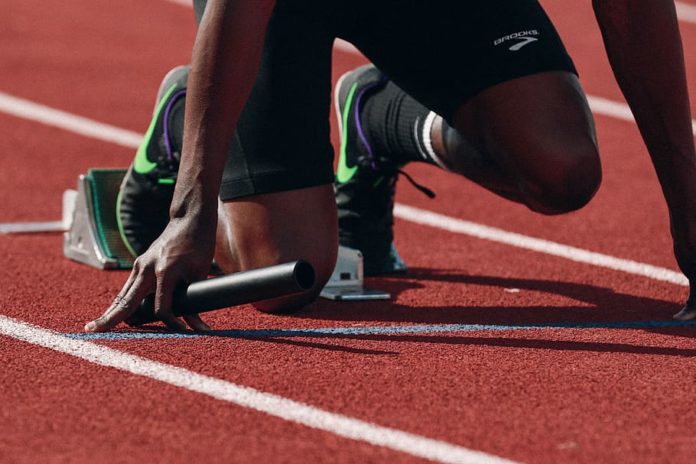In the field of sorts, physical training and mastering sports skills is an essential part of an athlete’s life. However, emotional and mental skill training is equally important to attain success in sports life and life beyond sports. Here sports psychology comes into the picture.
The main intent of sports psychology is to address athletes’ emotional and mental needs. It helps enhance the overall well-being of athletes and improve their sports performance. Here is an overview of sports psychology, which will help you better understand sports psychology.
What is Sports Psychology?

Sports psychology refers to the study of how psychology influences the preparation and performance of athletes. Sport psychology includes attending to the well-being and mental health of the athletes. In addition to this, it also includes assisting the athletes in reaching their maximum potential in their careers.
How to Become a Sports Psychologist?
A specific combination of psychological and mental competencies is required to become a qualified sports psychologist. In the United States, The license and qualification requirements differ from state to state.
Some schools in the US offer graduate and undergraduate programs in sports psychology. People interested in this field can also obtain a Ph.D. in this specialty. In addition to this, while pursuing the degree, gaining professional experience via a postdoctoral fellowship or internship is suggested.
What Do Sports Psychologists Do?
With accumulating research, the field of sports psychology is continuously growing. However, there are some common areas on which most sports psychologists focus mainly. These areas mainly address the facets of emotional and mental training in athletes. Below mentioned are some core works of sports psychologists.

Performance Improvement
Mental rehearsal and visualization have been a crucial part of sports training and psychology research. Its main intent is to help the athletes in improving their performance. This allows the athletes to practice mentally for the scenario and create a mental map of the provided outcome.
The visualization science is also known as imager or self-hypnosis; it leads the athletes to enhanced confidence and competence. According to certain studies, visualization might lead the athletes to strength gains.
Motivation
Athletes might occasionally feel unmotivated, washed out, tired, or unmotivated to train daily. However, sometimes it may be a severe issue. Motivation is another area in which qualified sports psychologists help athletes.
Perhaps athletes are mentally or physically exhausted, facing emotional stress, or overtraining. Sometimes, there is a lack of motivation and social or physical stress. A qualified sports psychologist helps the athletes uncover the main issues and develop a strategy to attain the desired goals.
Resilience
Another area in which sports psychologists help the athletes are developing emotional and mental resilience, especially after an injury, loss, or major setback. It is essential for athletes facing emotional stress due to injuries to become withdrawn, depressed, or isolated.
In addition to this, sports psychologists help athletes practice specific mental skills to facilitate physical healing. Moreover, these mental skills also help the athletes in stress management, which contributes to enhancing their overall performance.

















